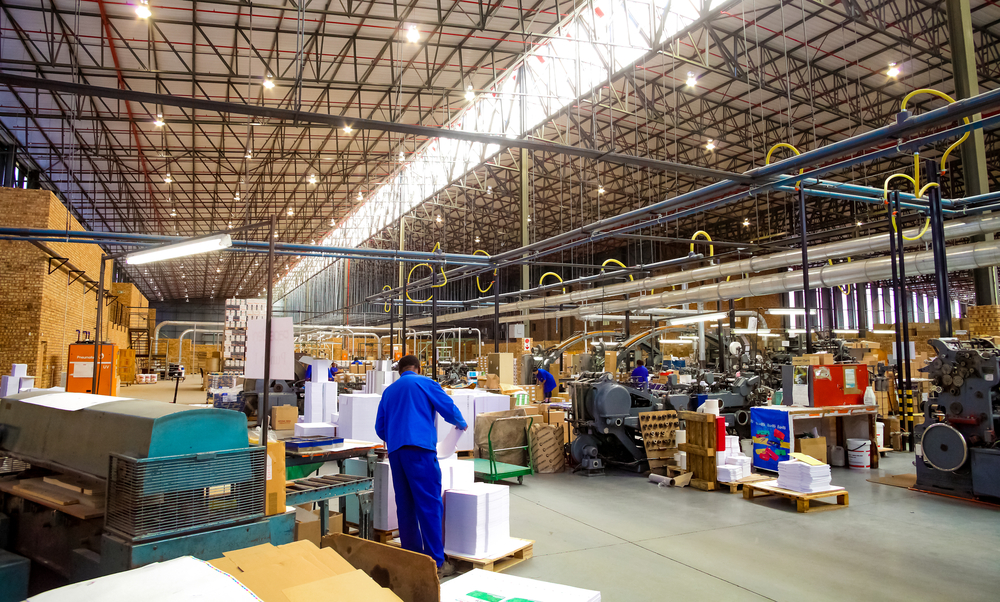In today’s fast-paced manufacturing environment, technology has become an essential tool for creating efficient and accurate labeling systems. With advances in digital printing, automation, and data management, technology has revolutionized the way manufacturers approach labeling.
One of the most significant technological advancements in manufacturing labeling is the use of barcode and RFID technology. These technologies allow for real-time tracking of products and inventory, making it easier to manage stock levels and reduce errors. Barcode and RFID systems can be used in various areas of manufacturing, from the production line to shipping and receiving.
Another essential technology for manufacturing labeling is digital printing. Digital printing allows for fast and flexible label production, making it easier to create customized labels with variable information such as serial numbers, dates, and lot numbers. Unlike traditional printing methods, digital printing eliminates the need for printing plates, making it more cost-effective for small to medium-sized production runs.
Automation is revolutionizing the manufacturing industry and has become increasingly important in labeling. Automated systems can streamline the labeling process by eliminating the need for manual application of labels, reducing manual labor and the potential for human error. This can be especially beneficial in high-volume manufacturing operations where efficiency and speed are critical. Automated systems can be customized to meet specific labeling needs, with the ability to print, apply, and verify labels automatically.
Labeling systems can also improve overall labeling accuracy and consistency, reducing the likelihood of errors and reducing the need for rework or product recalls. This can help manufacturers save time, reduce costs, and ensure the highest level of product quality. In addition, automated systems can be integrated with other manufacturing processes, such as product inspection and tracking systems, to provide a comprehensive labeling solution. This can help manufacturers streamline their operations, improve efficiency, and reduce waste.
Data management software is another critical component of modern manufacturing systems. By tracking and storing data related to labeling, manufacturers can ensure compliance with industry regulations and maintain accurate records of product information. Data management software can also be used to manage labeling workflows, track inventory, and monitor label quality.
In conclusion, technology plays a vital role in manufacturing. From barcode and RFID technology to digital printing, automation, and data management software, technology offers manufacturers a wide range of tools for creating efficient and accurate labeling systems. As technology continues to advance, we can expect to see even more innovations in manufacturing labeling in the future.


